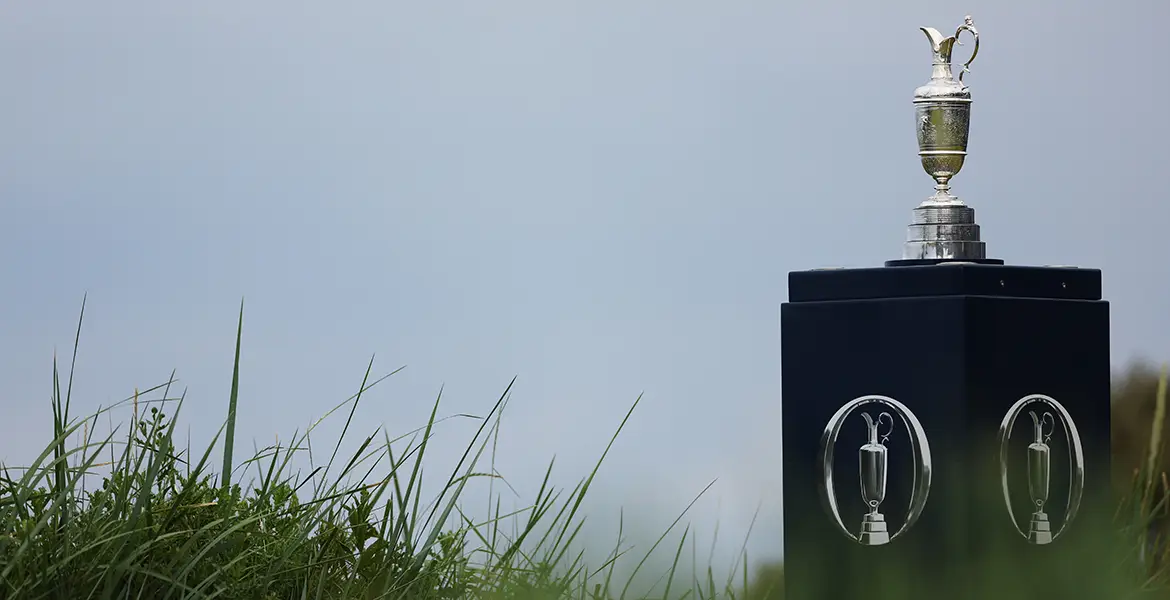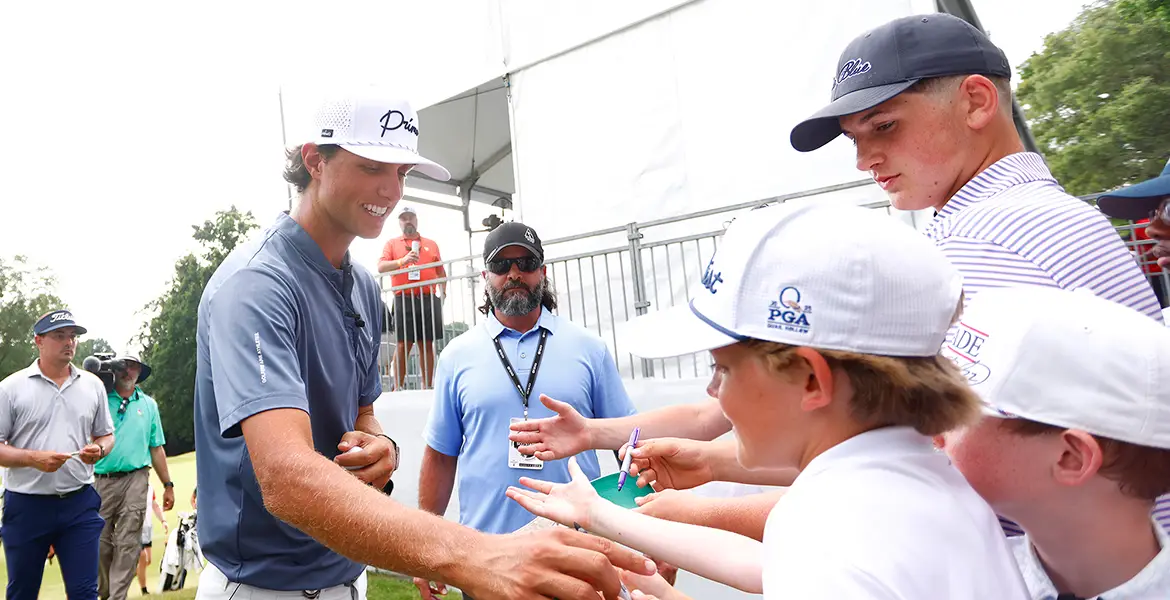The rules of golf are generally clear, straightforward, and—most importantly—agreeable. Every once in a while, however, golfers will come across a rule that seems antiquated or flat out unnecessary. Amateurs aren’t taking their rulebooks out for most casual rounds of golf, but the pros are well-versed in the statutes of the game.
With that in mind, we asked a handful of PGA Tour players which rule—either specifically for the tour or a general rule of golf—they’d most like to change or eliminate completely. While many players focused on the same edict, we did receive a couple of answers that may surprise you.
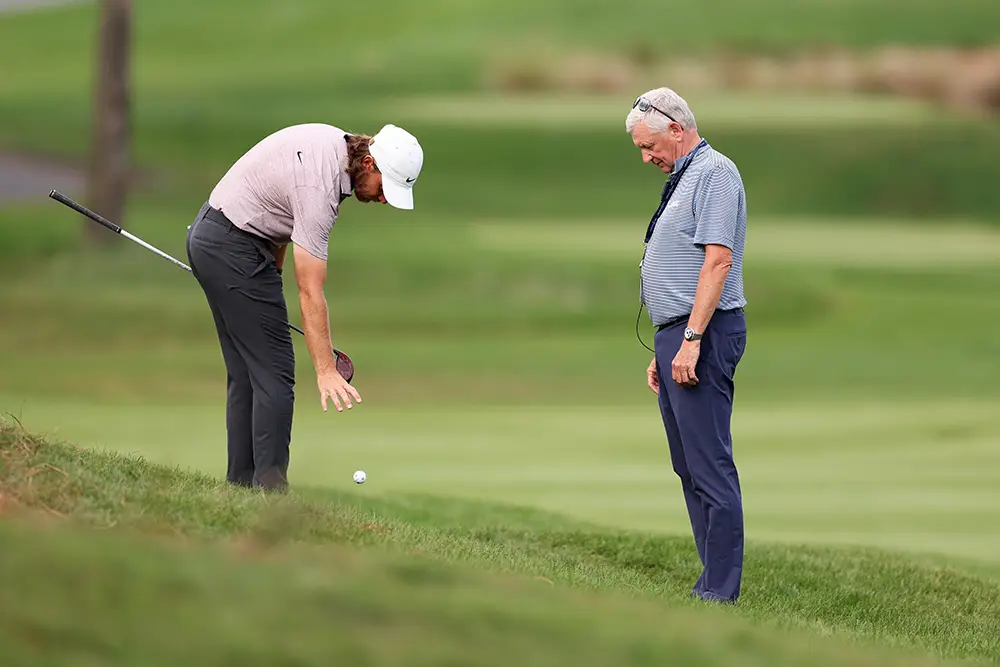
A Scorekeeper’s Dilemma
It may not happen often, but occasionally, a player will be disqualified from a tournament for signing an incorrect scorecard. It’s understandable that in the early years of competitive golf, such a rule was necessary to curtail cheating, but these days there are plenty of preventative measures in place for that. In other words, a player who’s made a mistake on his scorecard has almost certainly done so unintentionally, which is why Tommy Fleetwood thinks the current punishment doesn’t fit the crime. “To be penalized,” he says, “but not for anything that you’ve done to break the rules is a tough one.”
Keep It Moving
“If you find your ball out of bounds [after your tee shot], you have to go back to the tee,” Stewart Cink says of the current rule, which the 2009 British Open champion believes doesn’t have a place in casual rounds. “I just don’t see how that really fits into weekend golf. If you’re playing on a crowded Saturday and you find your ball out of bounds, you’ve got to go back to the tee and tell the group behind you, ‘Oh, I’m sorry, I need to come back here and hit another shot while you wait.’ To me, that just doesn’t make any sense.”
Cink’s resolution: Out-of-bounds in those scenarios is played as a lateral hazard. If the powers that be wanted to make it a more punitive penalty, Cink is even okay with a drop in that context carrying a two-stroke penalty. (Editor’s Note: An optional Local Rule in the USGA’s Rules of Golf provides an alternative to stroke and distance relief when it is in effect.)
Lightening the Load
A rule change that Russell Knox would like to see implemented—at the professional level, at least—is a reduced number of clubs allowed in a player’s bag. “I think 14 clubs is too many,” he says, adding that he’d limit the number of clubs to a dozen. “The shot-making part of golf is the lowest it’s ever been. With the latest technology, guys are turning it [the game] too much into robot science. It would be more fun if guys had to be a little more creative with shots and eliminating clubs would definitely help that.
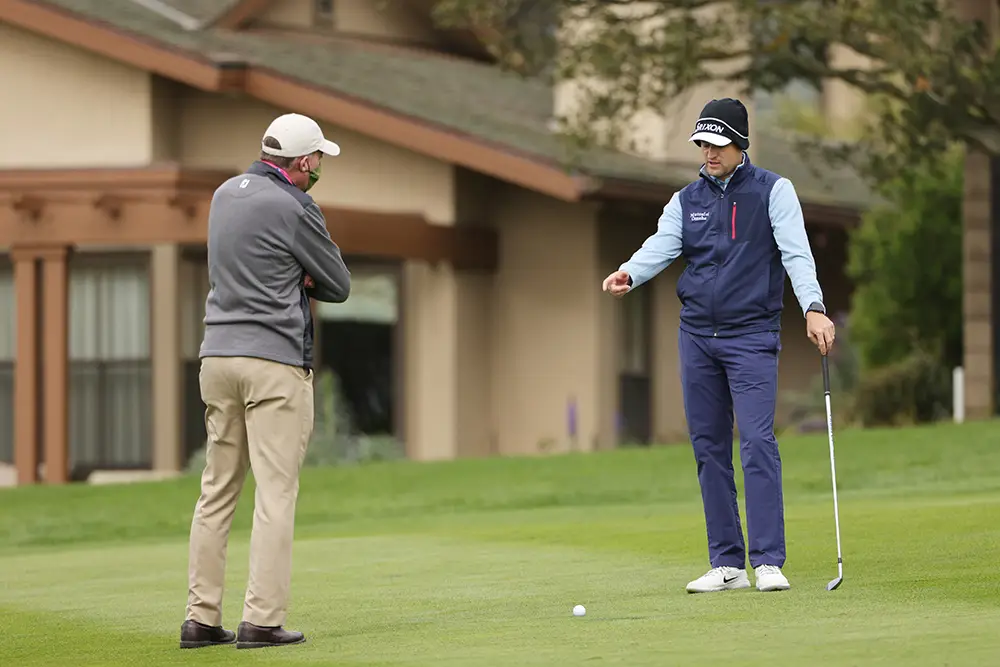
“You’d have one less wedge,” Knox continues, opining on how most players would adapt their bag set-up, “and you’d probably turn a 3-wood and a 5-wood into a 4-wood or something like that. Guys would figure it out quickly.”
Playing Dirty
For many players, including Billy Horschel, the obvious rule to change pertains to balls that come to rest in a divot in the fairway. “As I understand it,” Horschel says, “the definition of ‘ground under repair’ fits that perfectly. If you’re on the green and you land in someone else’s pitch mark, you’re able to fix it. It should be no different, in my opinion, when you’re in the fairway.”
Fleetwood concurs: “I hate hitting the middle of the fairway from 300 yards and being punished either by a divot or having mud on the golf ball,” he says. “I absolutely detest that.”
The affable Englishman raises a specific detail of the rule that Zach Johnson would gladly change if he could. No, it’s not getting free relief from a divot—the most recent U.S. Ryder Cup captain considers hitting out of a divot “not that big of a deal.” Instead, the big deal for Johnson is not being allowed to clean mud off a golf ball that has come to rest in the fairway. “If you have mud on your ball… arguably, you now have zero control [on your next shot] out of the middle of the fairway. But if you hit a worse shot off the tee—if you hit it 20 yards right in the intermediate [rough]—you can have more control. There’s something wrong with that.”
That may be a frustrating byproduct of the rules, but Johnson admits that he doesn’t know how the rule should be changed. The only logical solution would be to allow players to always observe preferred lies in the fairway, but Johnson feels that’s too aggressive of a resolution. Short of that, any proposed fix only introduces an equally vexing aspect of subjectivity. “I mean, how do you determine how much mud is mud?” Johnson asks.
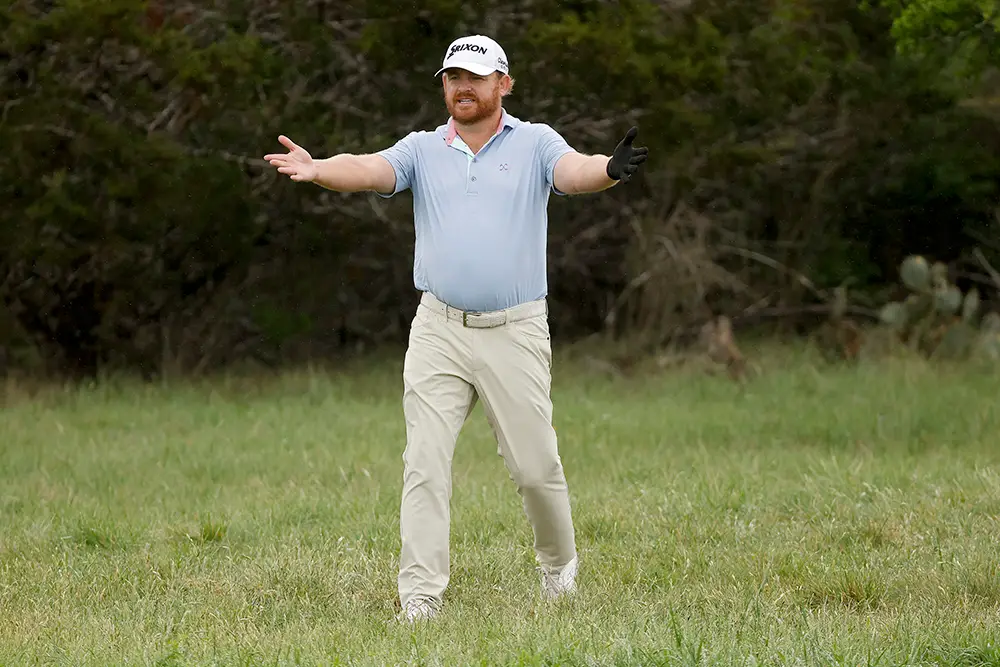
Too Much Information
If J.B. Holmes could change one aspect of the rules on tour, he wouldn’t change a rule, per se, so much as he’d change the way a rule is implemented. More specifically, he’d prevent television viewers from calling in to alert tournament officials of a potential rules violation. “I don’t feel like any guys out here are trying to cheat,” Holmes begins. Moreover, he explains that in many instances players might be doing everything right to determine what their ball did prior to ending up in a precarious situation, since those details will determine if they’re entitled to a free drop. However, if a camera used for a television broadcast captures evidence that runs contrary to what a player may have seen or what he has been told by witnesses on the ground, retroactive penalties can be administered, even if the player did everything by the book. “Now you can zoom-in with extra slow motion and maybe you see the ball was moving when a guy hits it,” Holmes continues. “It’s also unfair in that sense because not everybody in the field has a camera on them.”
What would you change in the Rules of Golf? Explain your choice in the comment section.


